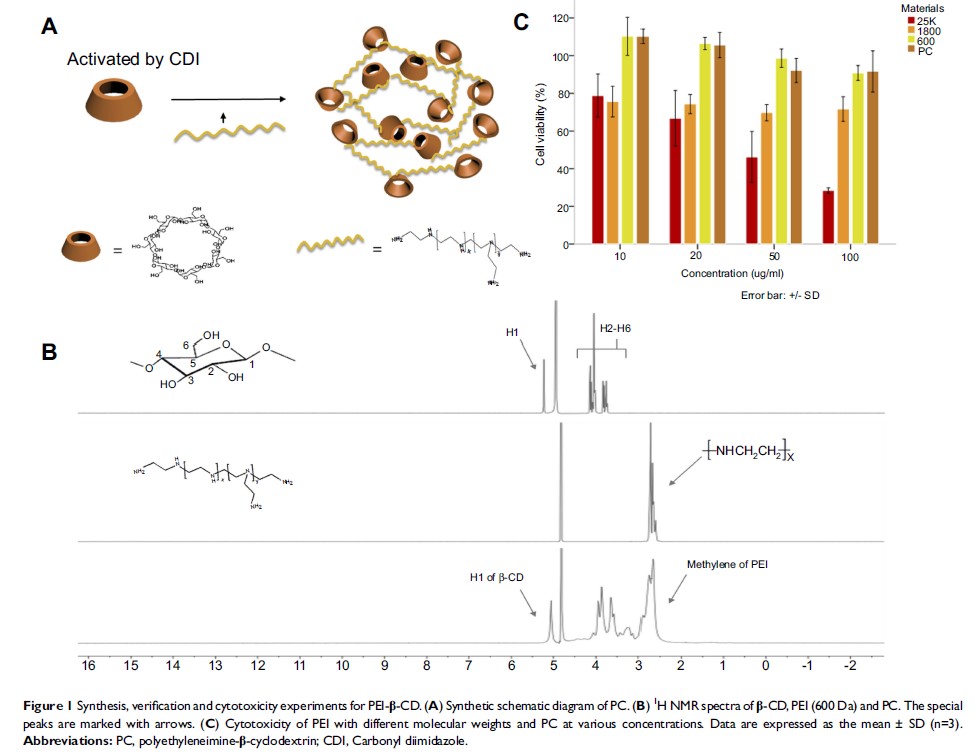9 1 2 3 6
论文已发表
注册即可获取德孚的最新动态
IF 收录期刊
- 2.6 Breast Cancer (Dove Med Press)
- 3.9 Clin Epidemiol
- 3.3 Cancer Manag Res
- 3.9 Infect Drug Resist
- 3.6 Clin Interv Aging
- 4.8 Drug Des Dev Ther
- 2.8 Int J Chronic Obstr
- 8.0 Int J Nanomed
- 2.3 Int J Women's Health
- 3.2 Neuropsych Dis Treat
- 4.0 OncoTargets Ther
- 2.2 Patient Prefer Adher
- 2.8 Ther Clin Risk Manag
- 2.7 J Pain Res
- 3.3 Diabet Metab Synd Ob
- 4.3 Psychol Res Behav Ma
- 3.4 Nat Sci Sleep
- 1.9 Pharmgenomics Pers Med
- 3.5 Risk Manag Healthc Policy
- 4.5 J Inflamm Res
- 2.3 Int J Gen Med
- 4.1 J Hepatocell Carcinoma
- 3.2 J Asthma Allergy
- 2.3 Clin Cosmet Investig Dermatol
- 3.3 J Multidiscip Healthc

使用经过修饰的聚阳离子载体携带调节铁蛋白基因实现 HCC 的 MR 分子成像
Authors Zhang Q, Lu Y, Xu X, Li S, Du YZ, Yu R
Received 18 October 2018
Accepted for publication 19 March 2019
Published 2 May 2019 Volume 2019:14 Pages 3189—3201
DOI https://doi.org/10.2147/IJN.S191270
Checked for plagiarism Yes
Review by Single-blind
Peer reviewers approved by Dr Cristina Weinberg
Peer reviewer comments 3
Editor who approved publication: Dr Lei Yang
Purpose: Early
diagnosis is essential for reducing liver cancer mortality, and molecular
diagnosis by magnetic resonance imaging (MRI) is an emerging and promising
technology. The chief aim of the present work is to use the ferritin gene,
modified by the alpha-fetoprotein (AFP) promoter, carried by a highly safe
vector, to produce signal contrast on T2-weighted MR imaging as an endogenous
contrast agent, and to provide a highly specific target for subsequent therapy.
Methods: Polyethyleneimine-β-cyclodextrin
(PEI-β-CD, PC) was synthesized as a novel vector. The optimal
nitrogen/phosphorus ratio (N/P) of the PC/plasmid DNA complex was determined by
gel retardation, biophysical properties and transmission electron microscopy
morphological analysis. The transfection efficiency was observed under a fluorescence
microscope and analyzed by flow cytometry. Cellular iron accumulation caused by
ferritin overexpression was verified by Prussian blue staining, and the
resulting contrast imaging effect was examined by MRI.
Results: The
modified cationic polymer PC was much safer than high molecular weight PEI, and
could condense plasmid DNA at an N/P ratio of 50 with suitable biophysical
properties and a high transfection efficiency. Overexpression of ferritin
enriched intracellular iron. The short-term iron imbalance initiated by AFP
promoter regulation only occurred in hepatoma cells, resulting in signal
contrast on MRI. The specific target TfR was also upregulated during this
process.
Conclusion: These
results illustrate that the regulated ferritin gene carried by PC can be used
as an endogenous contrast agent for MRI detection of hepatocellular carcinoma
(HCC). This molecular imaging technique may promote safer early diagnosis of
HCC, and provide a more highly specific target for future chemotherapy drugs.
Keywords: molecular
imaging, magnetic resonance imaging, ferritin, AFP promoter, hepatocellular
carcinoma
